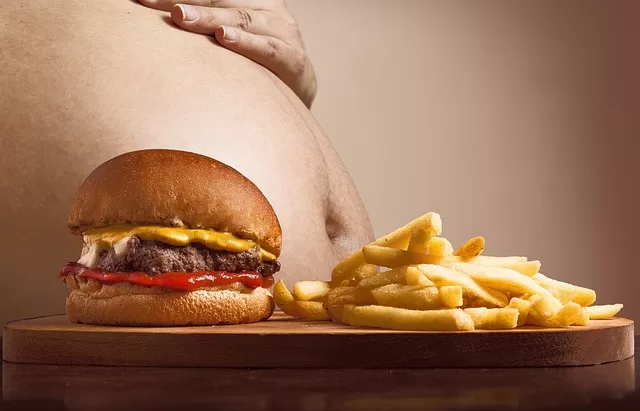Essential fats consumption, also known to many as EFAs, have been the cry of many doctors, nutritionists, health writers, and scientists. Warning people about the dangers of consuming unhealthy fats. Yes, fats are vital to function effectively, but only the recommended. Now, if you are like me, you must have wondered about the difference between the essential and non-essential. Which fats are safe and essential. Lets try to address that.
Studies show that 60% of the brain is fat, and fat is essential to life. People require fat for energy, hormone production, and to keep certain diseases at bay. It is, however, sad to learn that most people consume unhealthy fats out of the 40% of calories consumed in their diets.
Unhealthy fats to avoid
Foods such as animal fats, meat pies, sausages, margarine, whole milk, chocolates, and most hydrogenated, refined vegetable oils sold in supermarkets are the most known unhealthy fats.
Mass-produced oils, fats, biscuits, cakes, and cereal bars, lunch bars, and the like are unhealthy. Crisps, chocolates, fried foods, and any food with a high rate of sugar and saturated fats risk your health.
Risks of unhealthy fats
Non-essential fats sitting in your thighs, stomach, and hips result from unused sugar even after exercising, a significant pain point of concern for people trying to lose weight. Cross-linking in the skin happens when the sugar is turned into fat, causing wrinkles and making you appear much older than you are.
High sugar intake compromises the immune system since bacteria thrive on sugar. People develop diseases such as cancer, Alzheimer’s, and Parkinson’s due to increased inflammation in the body since sugar triggers inflammation.

sources of EFAs
Omega 6, omega 3, and omega 9 are highly recommended sources of (EFAs). Omega 3 is found in fish oils, nuts, and seeds such as pumpkin seeds, hemp seeds, and linseeds. Omega 6, found in blackcurrant, sesame oils, almonds, sunflower, walnuts, and pecans, is one of the best sources of Omega 6.
Another beneficial source is Omega 9, found in olive oil but in the unrefined extra virgin oil. The healthiest known oil to use for cooking. Am sure you must have wondered like me why olive oil costs a little more compared to the other oils. Now you have the answer to that question. Omega 7, is another source, it’s a polyunsaturated fat found in buckthorn berries (sea), is also a good source of EFAs.
Benefits of essential fats
To prevent diseases like arthritis, eczema, cardiovascular disease, mental health problems, and many other avoidable health disorders and conditions, you may need to consider how you can increase your intake of EFAs to boost your health.
Benefits for EFAs are many including, great memory retention, ability to control mood swings, increase in learning concentration and finally, the ability to focus. They are also known to be suitable in controlling several allergic reactions.
Sufficient use of the good fats gives you energy, the ability to focus, and good hormone balance, and it helps to lower your blood pressure. They also keep your insulin in check, improve blood thinning, balance blood sugar levels, and help to control sweet food cravings.
Conclusion
Here are a few health tips to achieve the best results. One, use oils for salad dressing in their unrefined forms. Two, avoid overheating oils while cooking, and three, take your nutritionist or doctor’s advice seriously and follow through with their advice. It is refreshing to know that there are some aging conditions people can avoid through sufficient intake or proper use of the good fats.
For more tips click on the links below

